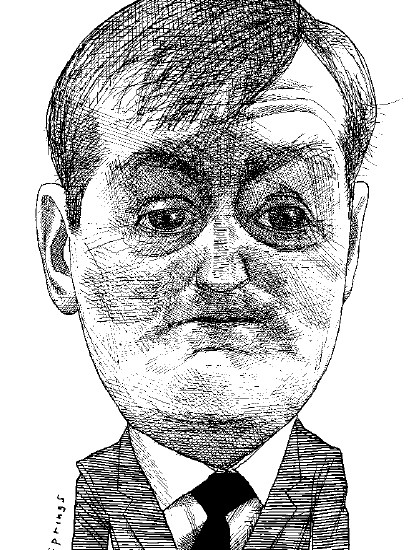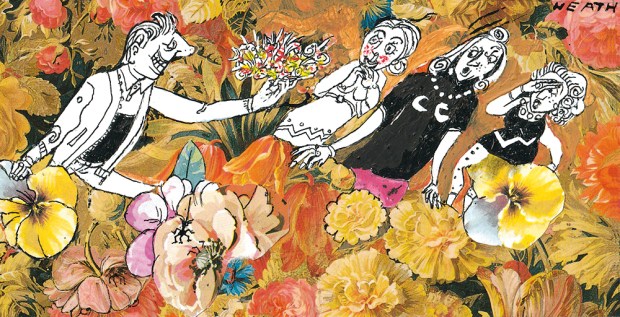Listen
Charles Kennedy’s eloquence, intelligence and humour were famous in the Highlands long before his election to the Commons at the age of 23. When I started at Lochaber High School, the prizes he had won as a school debater adorned the walls; as pupils knew, at university he had gone on to win the national championship for Glasgow. It was clear that he was a phenomenon.
Charles knew, perhaps better than anyone in British politics today, that how you say something is critical to being understood. Politics is the art of making and winning arguments. He was a master of it, as he showed when shaping the debate on the Maastricht Treaty. To say he had the gift of the gab is nowhere near enough. His eloquence was accompanied by first-rate political judgment — as I came to see for myself.
The first time I spoke to him was as a young press officer for the Scottish Lib Dems, nervously recommending that we cancel a press conference because the material was not quite ready. I expected the hairdryer treatment, but he was pleased. ‘When you have nothing to say,’ he replied, ‘best say nothing at all.’ He followed his own advice — which meant that, as party leader, he did not imitate the frenetic pace of Paddy Ashdown. This earned him criticism, but his style was to pick battles carefully, and fight them well.
During the clamour to go to war in Iraq, it fell to Charles to articulate the reservations shared by so many — which have since been amply vindicated. It was not an easy decision. It was courageous and right. He made his case calmly: he was no pacifist, he said, nor would he have any truck with anti-Americanism. He was simply not convinced by the case for war. His stance earned the respect of millions, and led Lib Dems into our best-ever election result in 2005: 62 MPs. I was one of them.
When I was selected to contest the Highland constituency next to his, then held by Labour, I expected to see little of him. I was wrong. He gave ample and generous support, letting me sit in at his constituency surgeries to better understand how Parliament works — or, more accurately, how it should work. He taught me that politicians should never lose sight of who they’re working for.
The years of coalition with the Conservatives did not sit easily with Charles. He hated the ‘bedroom tax’, and rightly so. But were it not for him, our party might never have been strong enough to enter coalition — or to ensure a more balanced and liberal government. He was supportive of Nick Clegg’s efforts to moderate the government, and enthusiastic about our measures to improve life in Britain and in the Highlands.
Charles was a Highlander to his core. He died on the croft he loved, which is significant because a croft is not just another building. It represents a way of life. Charles possessed, to the full, the crofter’s independence of mind, sense of place and of community, as well as an open-hearted view of the world.
The last time we met was at the election count in Dingwall last month. After 32 years of public service, he was phlegmatic and humorous about his undeserved defeat. In the last few weeks, he was worrying about how to defeat Scottish nationalism and preserve the UK’s place in Europe. As we address these issues, the two that mattered most to him, there has never been more need for his sane, principled and persuasive voice.
Charles famously described himself as a ‘fully paid-up member of the human race’ — which was, of course, a recognition of his foibles too. All of us have weaknesses. But few of us are fortunate enough to have the great strengths that Charles Kennedy possessed, and which will now be so sorely missed.
Got something to add? Join the discussion and comment below.
Get 10 issues for just $10
Subscribe to The Spectator Australia today for the next 10 magazine issues, plus full online access, for just $10.
You might disagree with half of it, but you’ll enjoy reading all of it. Try your first month for free, then just $2 a week for the remainder of your first year.















Comments
Don't miss out
Join the conversation with other Spectator Australia readers. Subscribe to leave a comment.
SUBSCRIBEAlready a subscriber? Log in